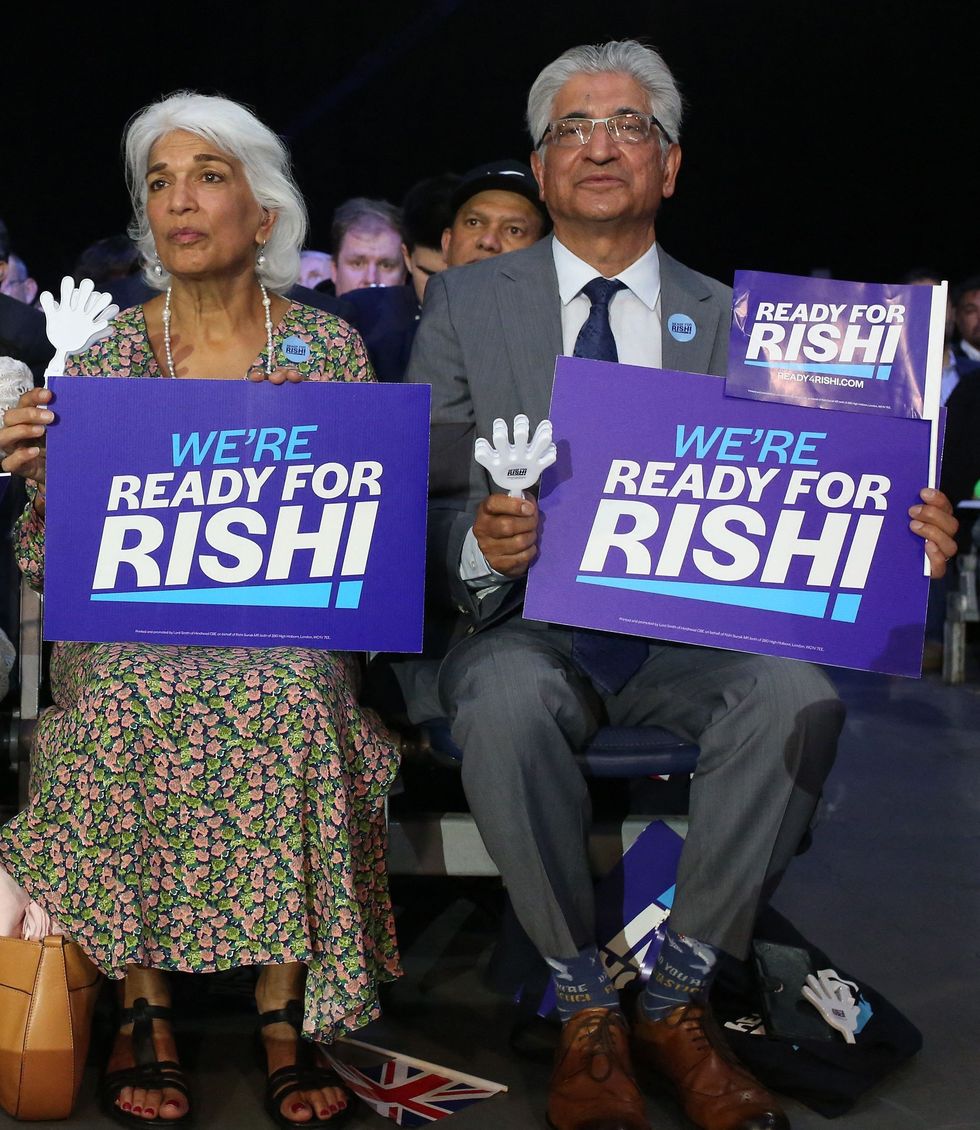The debate of whether it is better to focus on running faster or longer has been ongoing for quite some time.
However, as a serious runner, you might identify as a speed or distance runner, or you could be just starting out and are unsure which approach to take for your training.
There's no doubt that running is a fantastic form of exercise. Experts state that running boosts our circulation and challenges multiple muscles to work together.
However, the question remains – is it better to focus on running as fast as possible or to aim for longer running sessions?
According to experts, both types of running have their place, and the ideal approach reportedly is to incorporate a combination of both for maximum benefits.
Neurologist Dr Sudhir Kumar suggests that instead of attempting to run at a faster pace and quickly becoming out of breath, the focus should be on running for a longer duration at a slower or moderate pace, The Indian Express reports.
The doctor adds, that such running is “ideal.”
In response to a Twitter user's account of slowing down their pace from 7.05 to 7.45 minutes per kilometre, causing the run time to increase by 10 minutes and leading to a decrease in heart rate to 143, Dr Kumar tweeted, “Great going; it will help you, in the long run, to be fitter and healthier. Pace thrills (but kills) — true for running as well. For maximising health-related benefits, run slower and run lesser.”
To help you determine which approach is best for you, let’s take a look at some advice from experts on whether you should concentrate on increasing your pace or extending your distance for optimal fitness benefits.
Let’s also try to understand the impact of pace on not only your goal but also on your heart rate and endurance.
Commenting on the recent surge in cases of people collapsing during workouts due to excessive exercise Dr RR Dutta, Head of Internal Medicine at Paras Hospitals in Gurugram, Haryana, India states that overexertion, including fast runs, is not a healthy practice.
“Pace is good and can encourage your adrenaline rush but it can come with a cost. For someone with high blood pressure, running fast can create complicated challenges,” he said.
However, some experts emphasise the importance of varying your runs to achieve a range of benefits, including burning fat, building muscle, and enhancing cardiovascular health and endurance.
Trainer Lewis Akpata from BLOK reportedly told the Metro in a previous report that “It’s important to combine both short/faster runs (interval training) with longer/slow paced runs (5K, 10K) because they both complement each other.”
“An ideal run split would see you doing more longer runs to build cardiac base, while not putting too much strain on the body, mixed in with some interval sprint training – and then maybe trying to go for a 5K personal best once a week to gauge overall improvement.”
Speaking about what your body undergoes when you’re running harder, Danny Mackey, a Brooks Beast Track Club coach with a master's degree in exercise physiology and biomechanics told Shape in an earlier report, "Our body is not built with switches; there's no on or off. And if you're going hard, you're using everything. But the consequence is that you have to recover from it, or you're going to get hurt."
According to a study published in the Journal of the American College of Cardiology, even if it may not be as efficient as running for speed, slow running provides significant cardiovascular benefits. In fact, the study reportedly found that engaging in slow runs for just 5-10 minutes a day significantly reduces the risk of cardiovascular disease.
Dr Dutta emphasises the importance of regular scheduled check-ups to assess the body's strengths and limitations.
He is quoted as saying, “If you are prone to fluctuations in blood pressure, it’s better to keep strenuous workouts at bay. Instead, choose something light like walking.”
The doctor also said that many individuals have shed kilos simply by walking for an hour or two daily on a consistent basis. He advises, maintaining a steady pace and consulting with your physician or a fitness expert to determine the best exercise regimen that suits you.
Additionally, as noted by Dr Subhendu Mohanty, an interventional cardiologist at Sharda Hospital in Noida, India, individuals who are already experienced runners "may not experience" any problems with increasing their pace as long as their health is in good condition.
However, for those who are new to running or not accustomed to it, it is recommended that they avoid running at a fast pace in the beginning.
“It is harmful as it directly impacts your heart rate, which can require immediate medical intervention,” Dr Mohanty said.






 Sudha Murty and her husband Narayana Murthy with their daughter Akshata, son Rohan and her sister Dr Sunanda Kulkarni
Sudha Murty and her husband Narayana Murthy with their daughter Akshata, son Rohan and her sister Dr Sunanda Kulkarni Rishi Sunak’s parents Usha and Yashvir Sunak
Rishi Sunak’s parents Usha and Yashvir Sunak











 A street vendor looks at his smartphone on April 27, 2024 in Bengaluru, India. (Photo by Valeria Mongelli/Getty Images)
A street vendor looks at his smartphone on April 27, 2024 in Bengaluru, India. (Photo by Valeria Mongelli/Getty Images)

